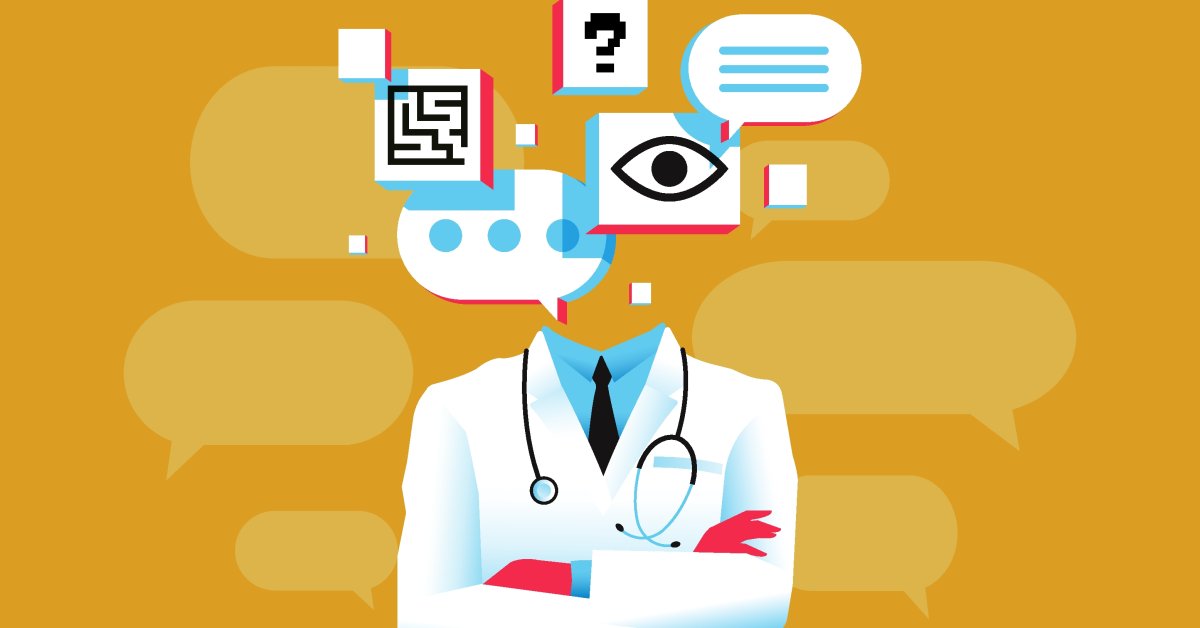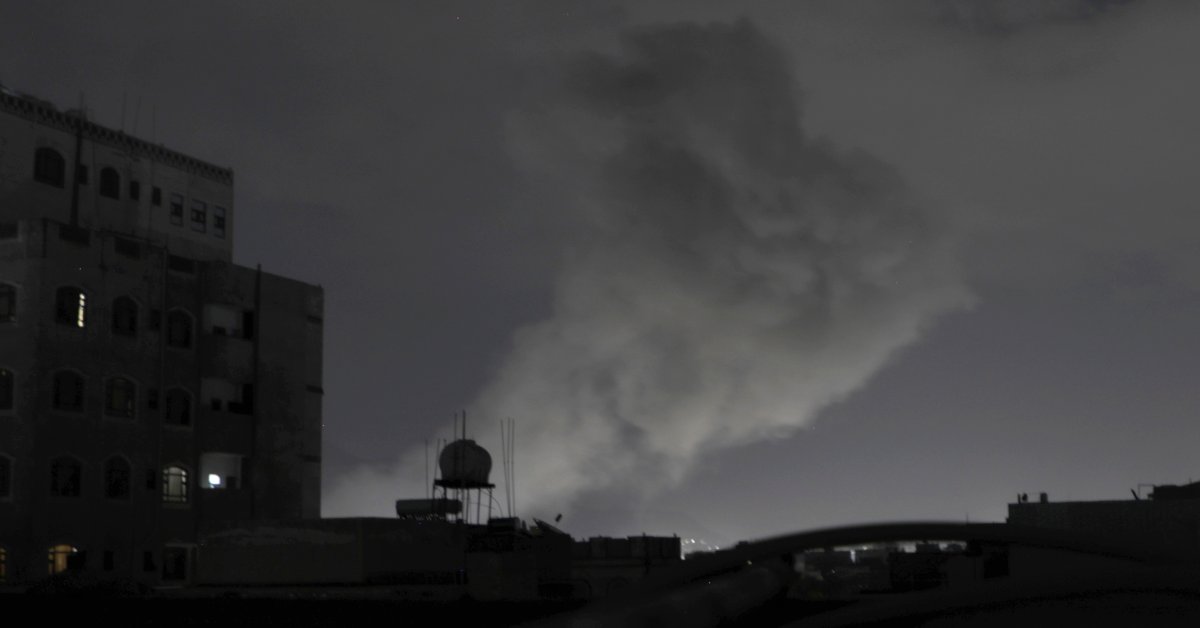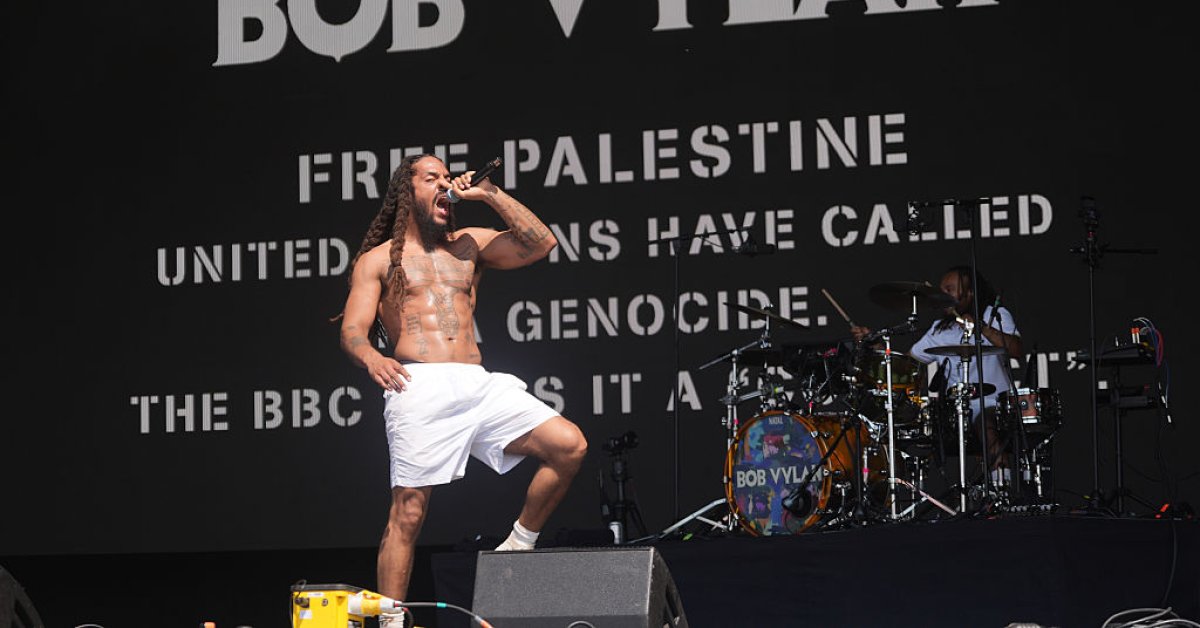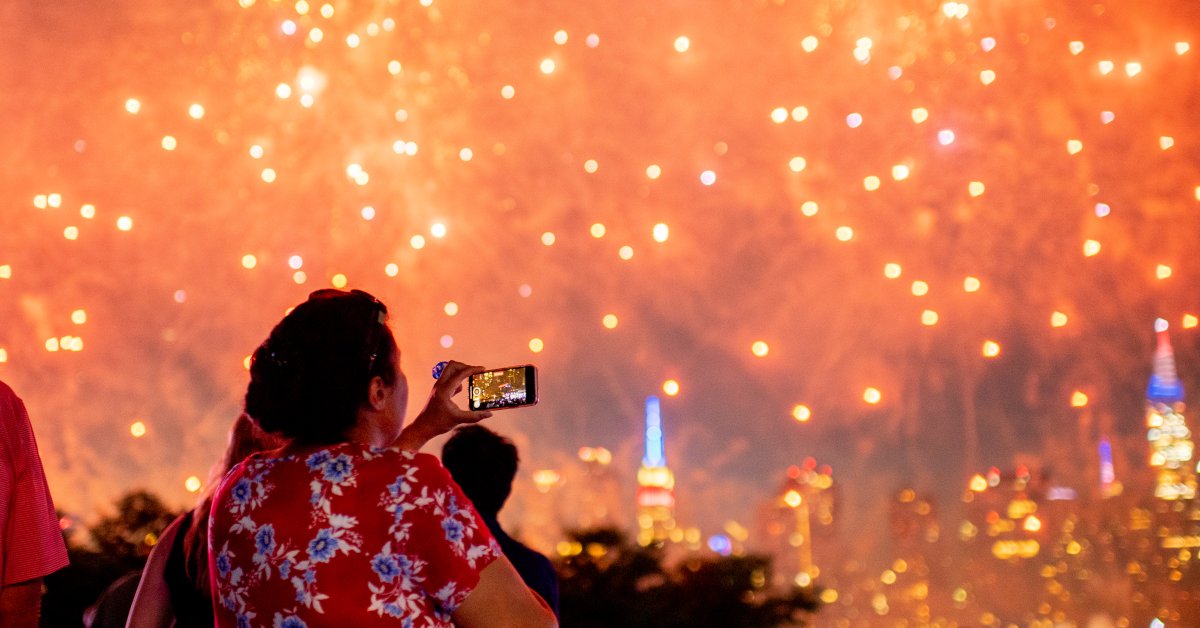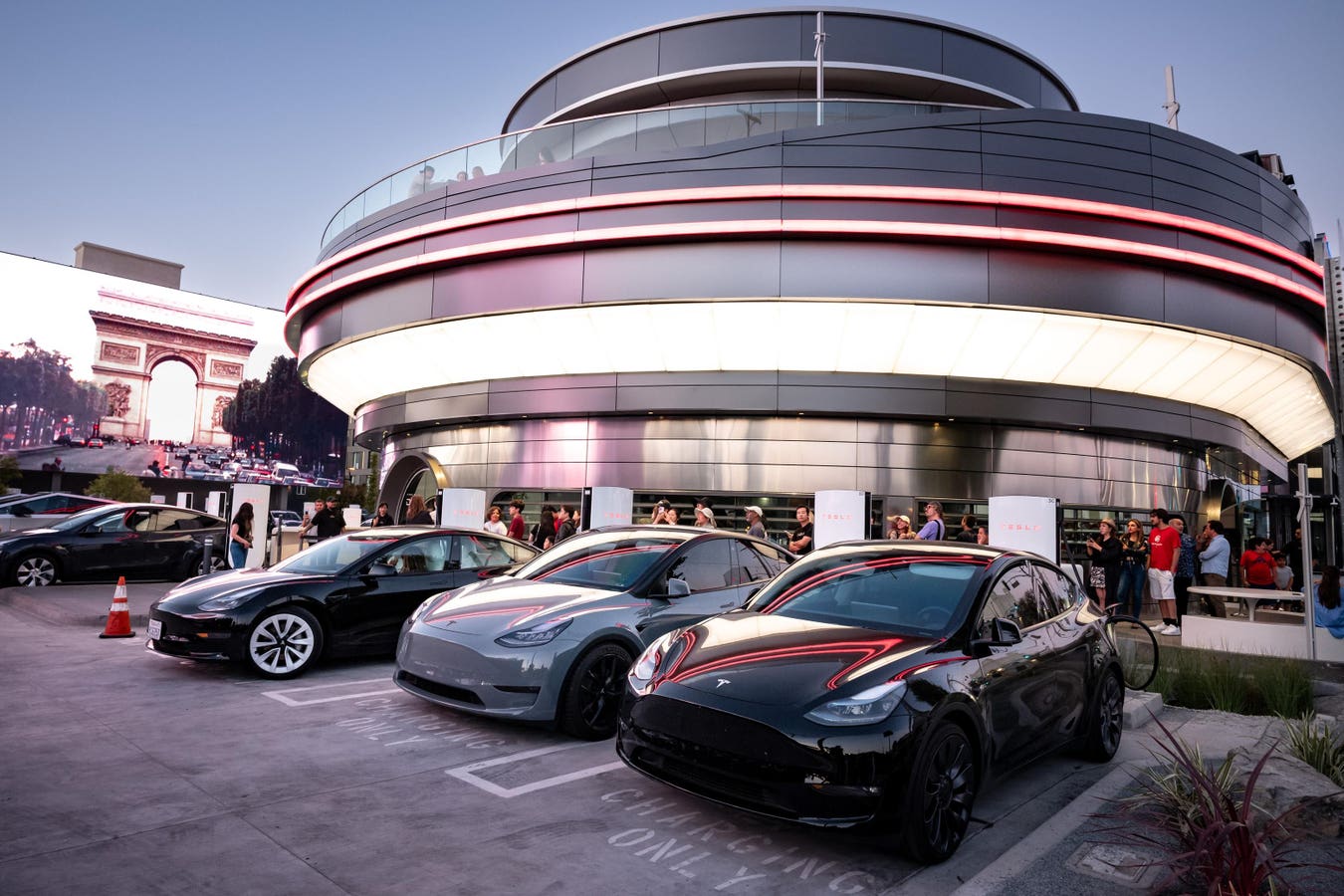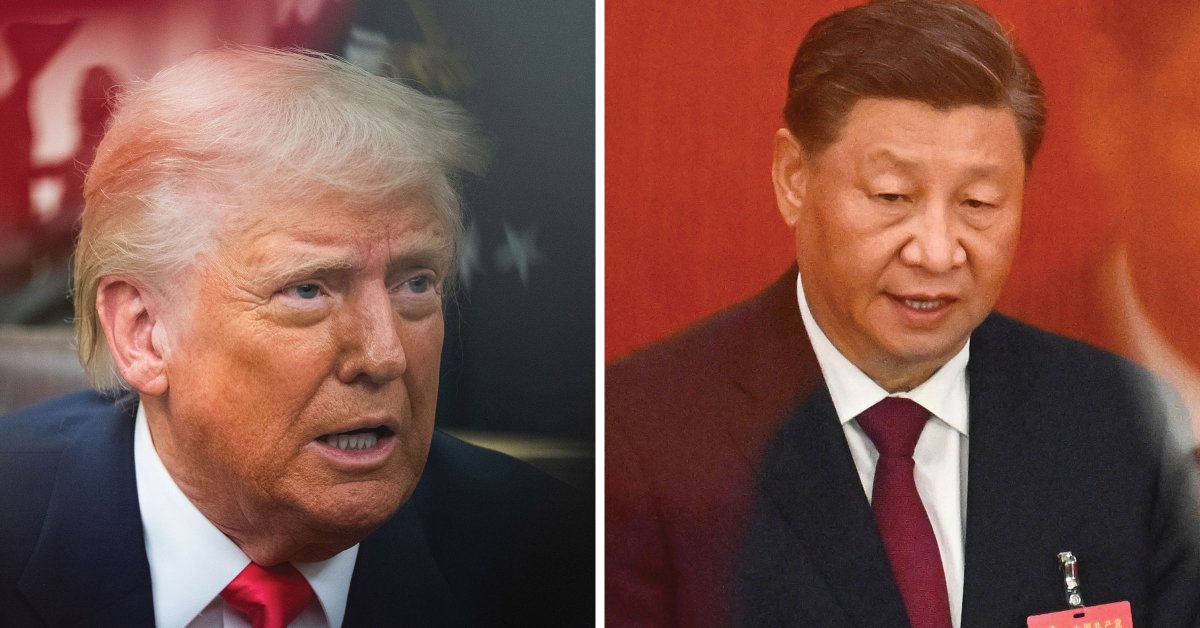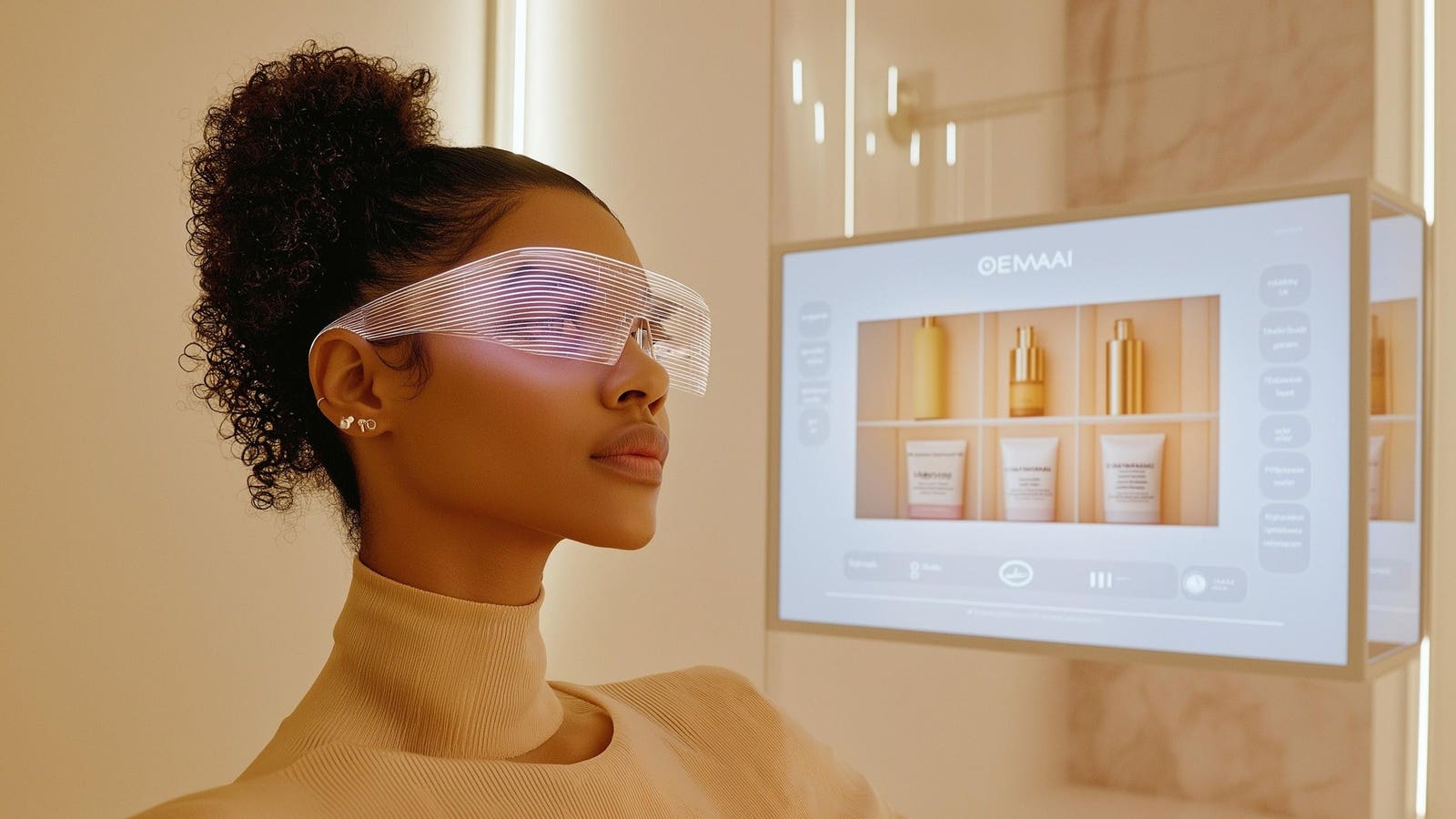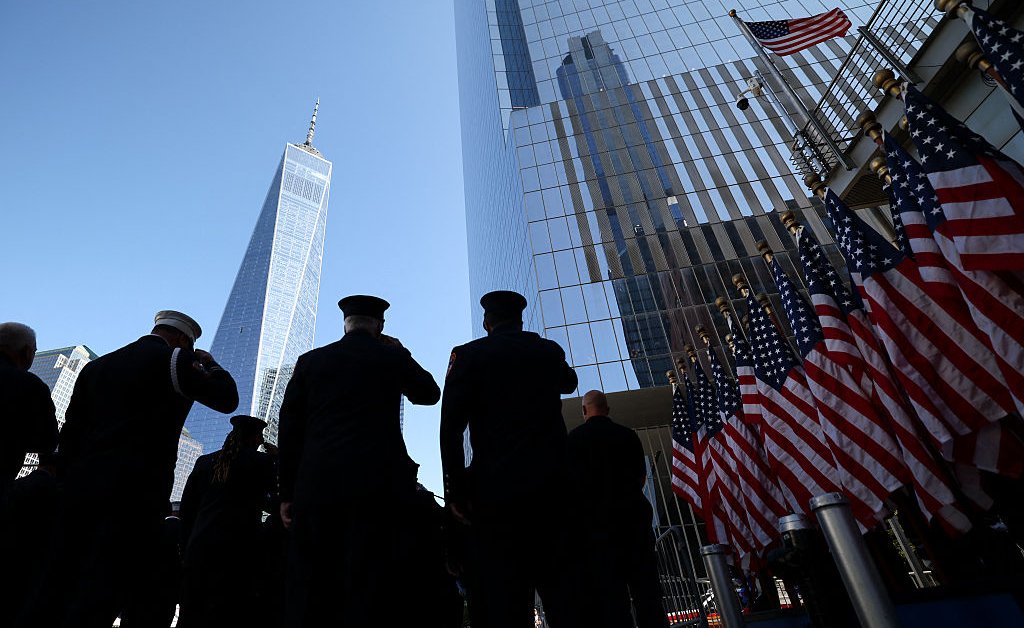On a recent Sunday afternoon, I witnessed my son step into the long tradition of medicine at the University of Chicago’s white coat ceremony. I watched him stand tall, reciting words physicians have spoken for centuries: “First, do no harm.” As a doctor myself, those words have been my compass in every diagnosis, every surgery, every hard conversation.
But as I left the auditorium, I couldn’t stop thinking: In 2025, there’s another group of professionals whose decisions will shape human health, cognition, and future just as profoundly—perhaps even more so—as mine or my son’s.
That group is AI engineers, who are building systems today that will touch every dimension of human life; our health, our safety, the ways we care for one another, and the very conditions that shape how long we live-for decades to come.
The incredible responsibility of their work cannot be overstated. AI engineers hold in their hands the power to do extraordinary good—closing gaps in education, unlocking medical breakthroughs, accelerating climate solutions—or, if they lose sight of the people their creations serve, to cause deep harm.
AI isn’t just another new device or digital distraction. It’s the first technology designed to replicate and replace the very language and interactions that have shaped human development for millennia.
And AI is advancing at a breathtaking pace, with its capabilities doubling approximately every seven months since 2019. If this trajectory continues, by 2030, AI could potentially complete in days what are currently months-long projects requiring human brainpower. Multiple AI leaders have suggested the technology could achieve human-level general intelligence within a few years.
Yet unlike medical students, AI engineers graduate without ever pledging to “first, do no harm.”
Nobel Prize winner Geoffrey Hinton, one of AI’s founding architects, has warned that the systems we design today could evolve beyond our ability to control. That’s why I believe—along with many AI researchers and ethicists—that we need a Hinton Oath: not to slow engineers down, but to guide them with the same moral clarity that has anchored medicine for millennia.
A Hippocratic Oath for AI engineers
In the Hippocratic Oath, graduating medical students vow the following:
- I will use my knowledge and skills to help the sick to the best of my ability and judgment; I will abstain from harming or wronging any person by it.
- I will respect the autonomy and dignity of my patients.
- I will not be ashamed to say “I know not,” nor will I fail to call in my colleagues when the skills of another are needed.
- I will prevent disease whenever I can, for prevention is preferable to cure.
In the Hinton Oath, AI engineers could recite similar promises such as:
- I will use my skills to improve human life, not diminish it.
- I will err on the side of human agency and connection when uncertain about harm.
- I will remember that every dataset contains someone’s story, and treat it with dignity.
- I will clearly attribute the sources of my training data and be transparent about what data my systems use.
- I will design systems that strengthen human capabilities and judgment, not weaken them.
- I will not create tools that cannot be overseen, controlled, or reversed.
- I will not build systems designed to deceive, manipulate, or misrepresent reality, including deepfakes and false personas.
- I will seek collaboration, transparency, and the long-term health of people and planet over short-term gain.
- I will ask, before deployment: Who benefits and who bears the risks? Have we considered long-term consequences beyond our immediate use case?
As a surgeon, I’ve done my best to craft this oath, I offer it as a starting place for those who understand the field’s complexities more deeply than I ever could. And to be sure, the fields of AI and human health are distinct. But technologies such as AI do in fact impact our health. Every algorithmic recommendation reshapes synaptic connections. Every AI interaction alters dopamine patterns. Every personalized feed rewires attention networks. In medicine, we rigorously study anything that crosses the blood–brain barrier because we understand its power to change brain function. Yet AI systems with equally profound neurological effects enter our lives daily, largely without scrutiny.
And AI’s influence will extend far beyond our minds. It will help determine how we work and who thrives in the economy. It will influence laws, justice systems, and political stability. It will drive environmental policy, scientific discovery, and cultural evolution. These are not side effects—they are the main effects. And they make the need for a guiding ethic even more urgent.
The question isn’t whether AI will reshape human society—it’s whether its engineers will wield that power thoughtfully.
Many young engineers enter the field for the same reason my son chose medicine—to change the world and make it a better place. If AI is built with responsibility to the greater good in mind, its potential is staggering: diagnosing disease earlier than any doctor could, closing global education gaps, accelerating climate solutions, empowering people with disabilities. But if we ignore that responsibility, AI could just as easily become a force for harm, eroding trust, amplifying inequality, or undermining the very capacities that make us human.
This is precisely why AI merits a pledge built, like the Hippocratic Oath, around a fundamental principle: Power without conscience is dangerous.
During my son’s white coat ceremony, parents who were physicians were invited to stand and recite the oath alongside their children. As my son and I spoke those timeless words together, I felt the power of joining something larger than ourselves—a tradition that connects every doctor across time in service to humanity’s wellbeing. AI engineers deserve that same sense of purpose, that same connection to something greater than any individual project or company.
My hope is that one day soon, watching a young AI engineer take the Hinton Oath will feel as moving, as reassuring, as watching my son put on his white coat.

